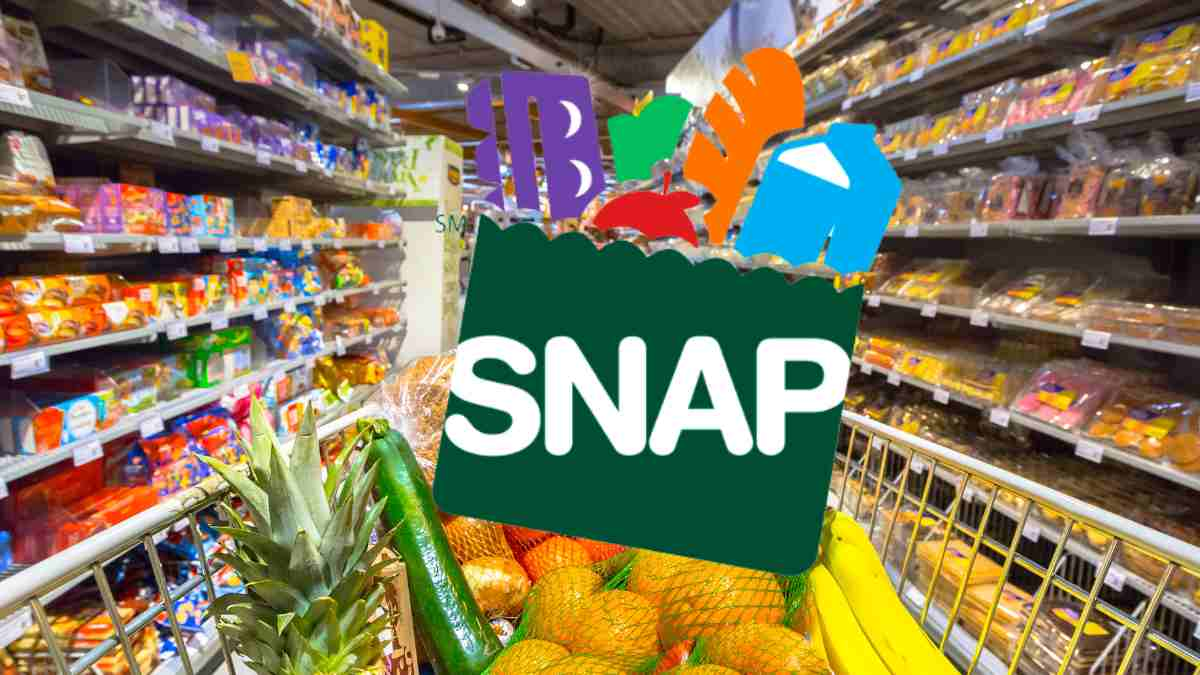Recipients of SNAP benefits in Pennsylvania have recently been targeted by a scam using fraudulent text messages to steal personal information. Dr. Val Arkoosh, Secretary of the Pennsylvania Department of Human Services (DHS), has issued a warning to SNAP participants about this scheme, which attempts to deceive users into believing their EBT cards have been deactivated.
The scam involves text messages informing SNAP beneficiaries that their EBT cards, which are used to access SNAP benefits, have been deactivated. These messages include a phone number and instruct recipients to call to reactivate their cards. However, this communication is entirely fake, designed to collect sensitive personal and financial information from unsuspecting individuals.
What is this scam targeting SNAP users about?
Dr. Arkoosh has emphasized that the DHS never requests personal information via text messages. Any such solicitation, especially concerning financial or identity-related details, is not a legitimate method of communication employed by the department.
To avoid falling victim to such scams, SNAP recipients must remain vigilant and learn to spot warning signs of a fraudulent message. Generally, the DHS does not contact beneficiaries via text messages to request personal details such as Social Security numbers, bank account information, or EBT card details.
Scammers often give themselves away through poor grammar, spelling mistakes, or the use of unnatural phrasing. Additionally, it’s important to note that the DHS does not deactivate EBT cards without prior notice. Any legitimate issues with a card would be communicated securely through official channels.
What to do if you receive a suspicious message about SNAP
Dr. Arkoosh urges all SNAP recipients in Pennsylvania not to engage with these text messages or call the numbers provided. Responding to fraudulent messages can expose sensitive data and increase the risk of identity theft. Instead of interacting with suspicious communications, users are encouraged to report any potential scam attempts.
Beneficiaries can report such fraudulent messages by contacting the DHS fraud tipline at 1-844-DHS-TIPS (1-844-347-8477). This hotline allows users to inform the authorities about fraudulent activities, helping them investigate the matter and take appropriate action.
The importance of safeguarding personal information
Protecting personal data is essential to avoiding scams like this one. SNAP users should exercise caution when dealing with unsolicited requests, particularly those received through unofficial channels. Sharing personal or financial details with unknown entities or responding to suspicious messages can lead to serious consequences, such as identity theft or financial fraud.
The DHS is committed to safeguarding SNAP beneficiaries and encourages users to stay informed about scam risks. If a beneficiary encounters a legitimate issue with their EBT card, they should rely on the official DHS website or contact customer service through the department’s verified phone numbers.
Tips for preventing SNAP-related scams
- Verify the source: If you receive a suspicious message, confirm its authenticity through official DHS channels. Do not rely on information provided in the text message itself.
- Avoid sharing personal details: Never disclose sensitive information such as your Social Security number or bank account information to unknown parties.
- Consult official resources: If you have concerns about the status of your EBT card, visit the DHS website or call verified customer service numbers instead of responding to text messages.
- Report fraud attempts: Reporting suspicious messages helps authorities investigate and protect other SNAP recipients from falling victim to similar scams.
By remaining cautious and proactive, SNAP beneficiaries can protect themselves and their benefits from fraudulent schemes.
The rise of scams targeting SNAP beneficiaries underscores the importance of digital literacy and awareness in an increasingly connected world. Fraudsters often exploit moments of vulnerability or confusion, and the complexity of benefits systems like SNAP can make beneficiaries more susceptible to manipulation.
For many recipients, their EBT cards are a lifeline, providing essential access to food and resources. Scammers leverage this urgency, creating a sense of panic that prompts hasty decisions. It is crucial for recipients to remain calm and scrutinize any unsolicited messages, particularly those requesting immediate action or personal information.




